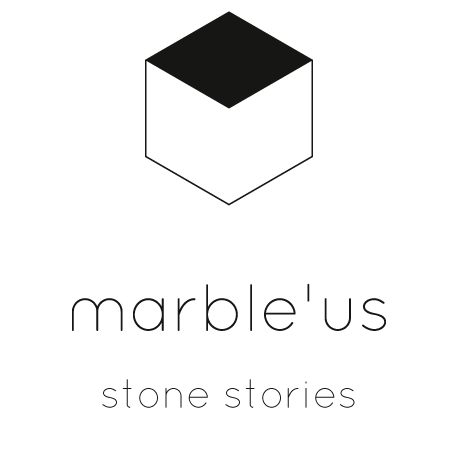Albania
Albania boasts a variety of natural resources, in particular petroleum, lignite, copper, chromium, limestone, salt, bauxite and natural gas.
Albanian belongs to the Indo-European language group.
The oldest known sentence in Albanian dates back to 1462 and was recorded by the Archbishop of Durrës, Pal Engjëlli (Latin name Paulus Angelus, 1416-1470). It reads: “Un’te paghesont’ pr’emenit t’Atit e t’Birit e t’Spirit Senit”, which means “I baptise you in the name of the Father, the Son and the Holy Spirit”. This sentence was used in baptism ceremonies for children whose parents did not understand Latin.
The name Albania means “the land of the alabaster peaks”. The Albanian name Shqipëri means “land of the eagle”, which is why an eagle is depicted on the national flag.
Albania has 36 districts.
The Mat district
Located in central Albania, the Mat district is one of the largest districts and is one of the most intriguing when it comes to archaeology, history and cultural traditions. The district is named after the Mat River, which flows through it. The entire region is sometimes called an archaeological museum due to the many relics from the Paleolithic Period.
The district is also home to Zall Gjoçaj, one of fifteen national parks, and Burgajet, the castle where the Albanian king Zog I was born. The capital city of the district is Burrel, which in addition to a number of cities, includes 72 rural zones. The municipality of Macukull, an collection of small villages and hamlets, is located in one of these zones. The quarries where we extract our marble, Breccia Deja, are located in the hamlet of Deja.
Deja village
The Deja mountain range is the natural eastern boundary of the Mati district. Deja is also the name of the tiny village at the foot of the mountain, the settlement in which we operate.
It is exciting to see how the history of the village has been “petrified” in our marble quarries and at the same time lives on in names of the extended families we meet there. The Dedja family lives there, as well as the Kastrati family. That family originates from Gjon Kastrioti, the father of national hero Gjergj Kastrioti, who resided in Mat.
Gjergj Kastrioti (1405-1468), also known as Skanderbeg, was an Albanian nobleman and a formidable military leader who raised arms against the Ottoman army in Albania. There are references to him everywhere in Albania.

